When delving into the transportation and logistics sector, one question frequently arises: How much does an empty semi truck trailer weigh? This inquiry is pivotal not only for manufacturers and carriers but also for fleet managers, logistics planners, and trucking companies. Understanding the weight of an empty semi-trailer can significantly impact load planning, compliance with regulations, and overall operational efficiency.
The Weight of Empty Semi Truck Trailers: An Overview
Common Semi Trailer Weights
Typically, empty semi trucks and trailers, including popular models like flatbeds, refrigerated trailers, and tankers, have varying weights based on their construction and design. Below is a breakdown of the average weights across different types:
| Type of Trailer | Average Empty Weight |
|---|---|
| Flatbed Trailer | 4,000 to 5,500 lbs (approx. 1,800 to 2,500 kg) |
| Reefer (Refrigerated) | 10,000 to 15,000 lbs (approx. 4,500 to 6,800 kg) |
| Dry Van Trailer | 10,000 to 15,000 lbs (approx. 4,500 to 6,800 kg) |
| Tank Trailer | 8,000 to 12,000 lbs (approx. 3,600 to 5,400 kg) |
| Lowboy Trailer | 5,000 to 7,000 lbs (approx. 2,300 to 3,200 kg) |
These weights are crucial for assessing cargo capacity and ensuring compliance with federal and state regulations.
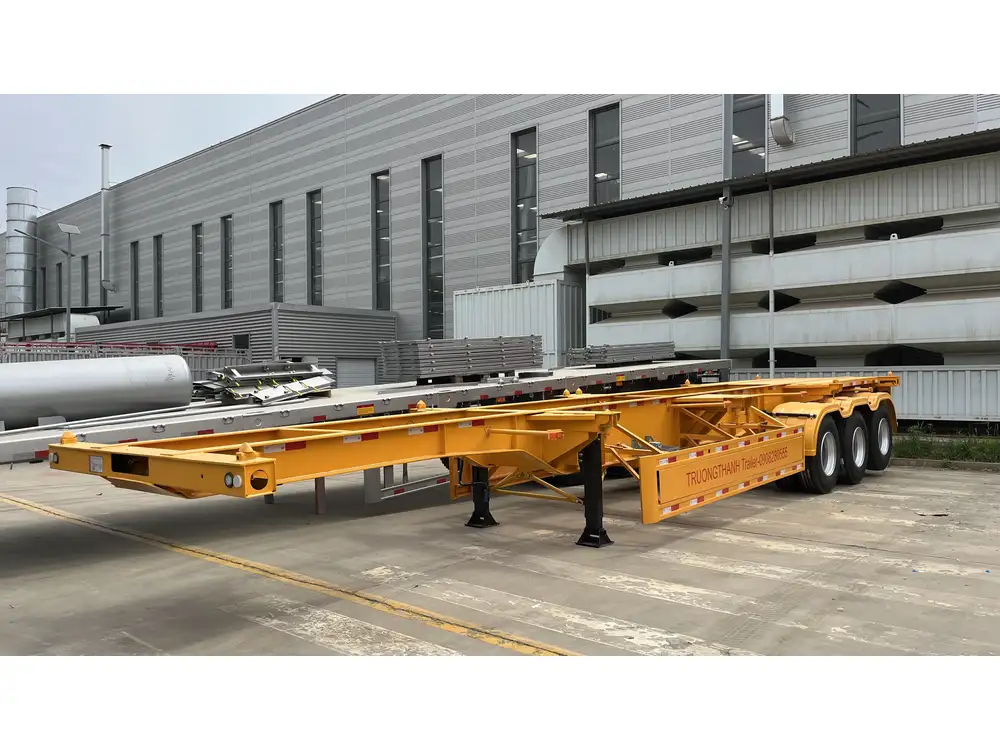
Factors Influencing Trailer Weight
The weight of an empty semi truck trailer is influenced by multiple factors, which include:
Material Composition: Trailers constructed from heavier materials, such as steel, generally weigh more than those made from lightweight materials like aluminum or composite substances.
Design and Structure: The design, including the frame, axle configuration, and type of suspension, can also alter the overall weight. For instance, trailers with more complicated axle configurations might weigh more.
Size and Length: Larger trailers tend to have heavier structural components purely due to their size. Federal regulations typically limit the overall length, but within that, additional length can increase weight.
Added Features: Trailers with advanced features—like aerodynamic enhancements, insulations for refrigerated trailers, or additional suspension components—will weigh more.
Importance of Knowing Trailer Weights
Legal Weight Limits
Federal laws dictate maximum weight limits for trucks and trailers. For interstate commerce in the U.S., the Gross Vehicle Weight Rating (GVWR) should not exceed 80,000 lbs (approximately 36,287 kg), including cargo, truck, and trailer weight. Here’s a simplified breakdown of federal limits:
| Category | Maximum Weight (lbs) |
|---|---|
| Single Axle | 20,000 |
| Tandem Axle | 34,000 |
| Gross Vehicle Weight | 80,000 |
Understanding the weight of an empty semi truck trailer allows fleet managers to load correctly. Overloading a trailer can lead to hefty fines, unsafe driving conditions, and excessive wear on equipment.
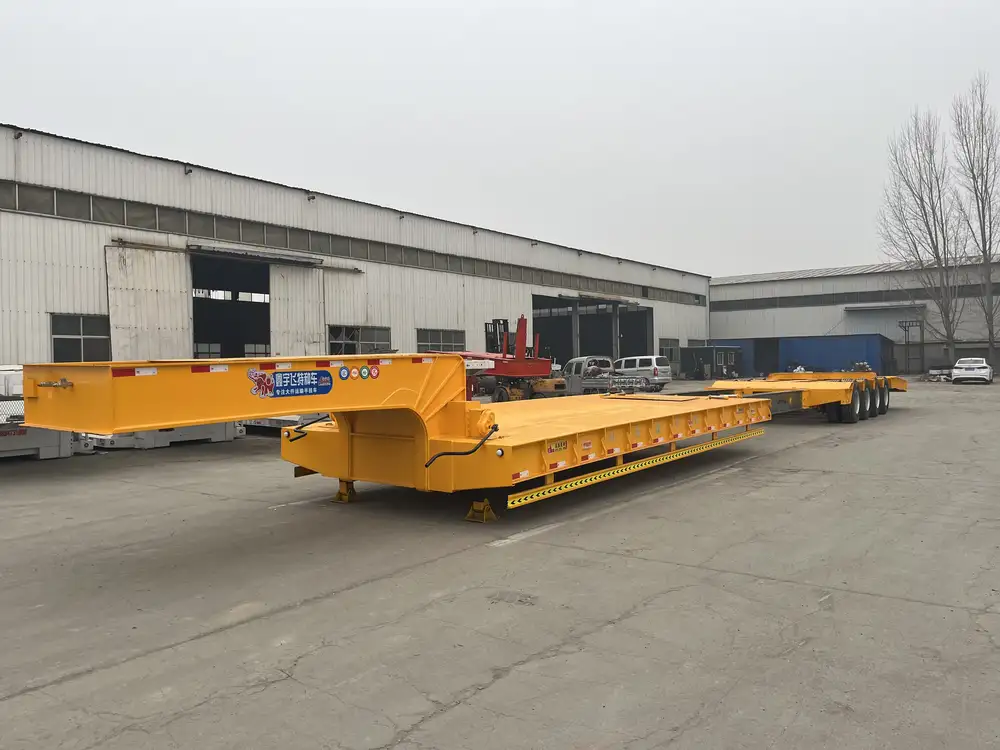
Fuel Efficiency
Another crucial aspect of knowing the empty weight of trailers is the impact on fuel efficiency. Heavier loads require more fuel to transport, which not only increases operational costs but also affects overall profitability.
Strategic Load Planning
Precise weight calculations enable logistics professionals to make informed decisions about loads. This not only prevents overloading but also maximizes space without exceeding legal weight limits, leading to better resource allocation and profit margins.
Calculating the Weight of an Empty Semi Truck Trailer
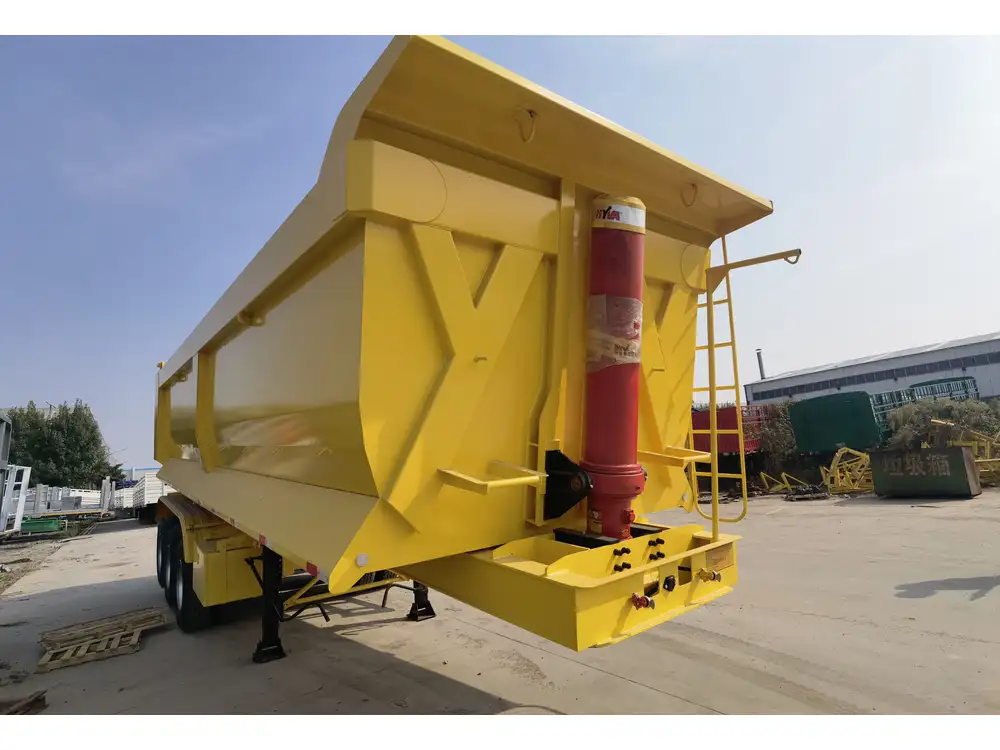
Weigh Stations and Methodologies
Professional trucking companies often utilize certified weigh stations to record the weight of their vehicles. This is particularly important at the onset of a trip to ensure compliance and efficiency.
Use of Scale Tickets: Most weigh stations provide scale tickets that confirm the weight of the trailer when it’s empty as well as when loaded.
On-board Weighing Systems: Advanced technology has enabled the integration of on-board weighing systems. These systems provide real-time weight data from the trailer, enhancing in-transit decision-making.
Manual Calculations
Understanding basic principles of weight calculations can empower transport professionals to anticipate weight limits effectively. For this, consider the following equation:
[ \text{Total Weight} = \text{Truck Weight} + \text{Trailer Weight} + \text{Cargo Weight} ]If the total weight nears the legal maximum, adjustments can be made before reaching a weigh station.
The Role of Technology in Weight Management
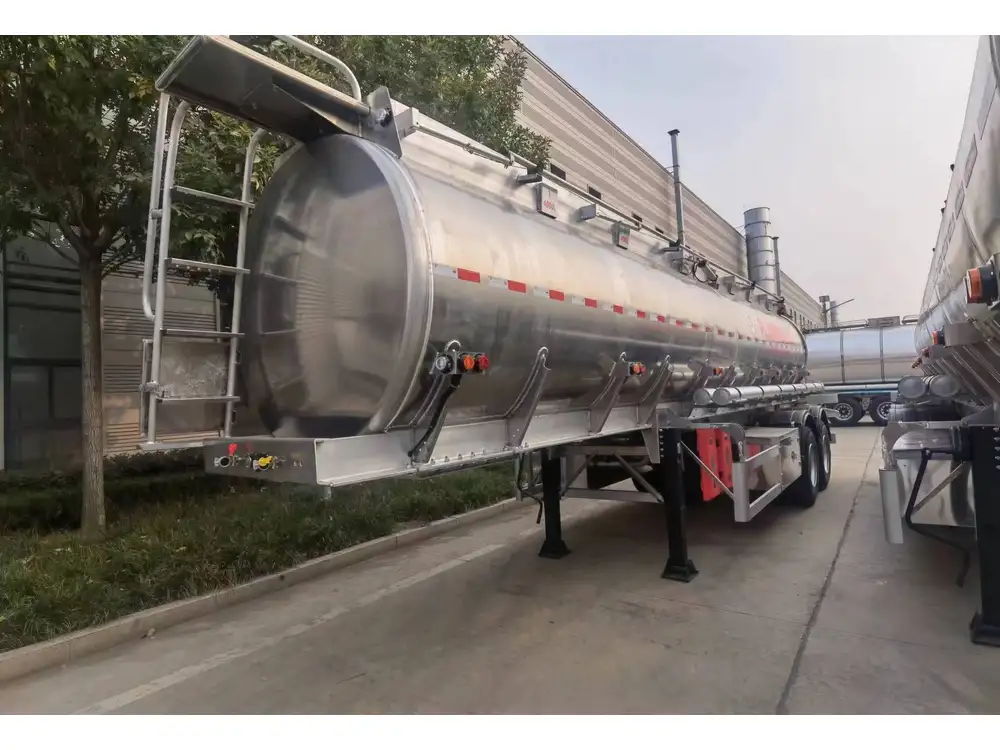
Electronic Logging Devices (ELDs)
Today’s trucking industry integrates ELDs that not only log driving hours but also monitor weight distribution and compliance. These devices can assist truck drivers in adjusting loads while on the road, ensuring they remain within legal parameters.
Fleet Management Software
Fleet management systems now come equipped with weight management features. These tools allow for tracking of each vehicle’s performance, including load weights, to optimize routes and loads continually.
Practical Implications of Trailer Weight Knowledge
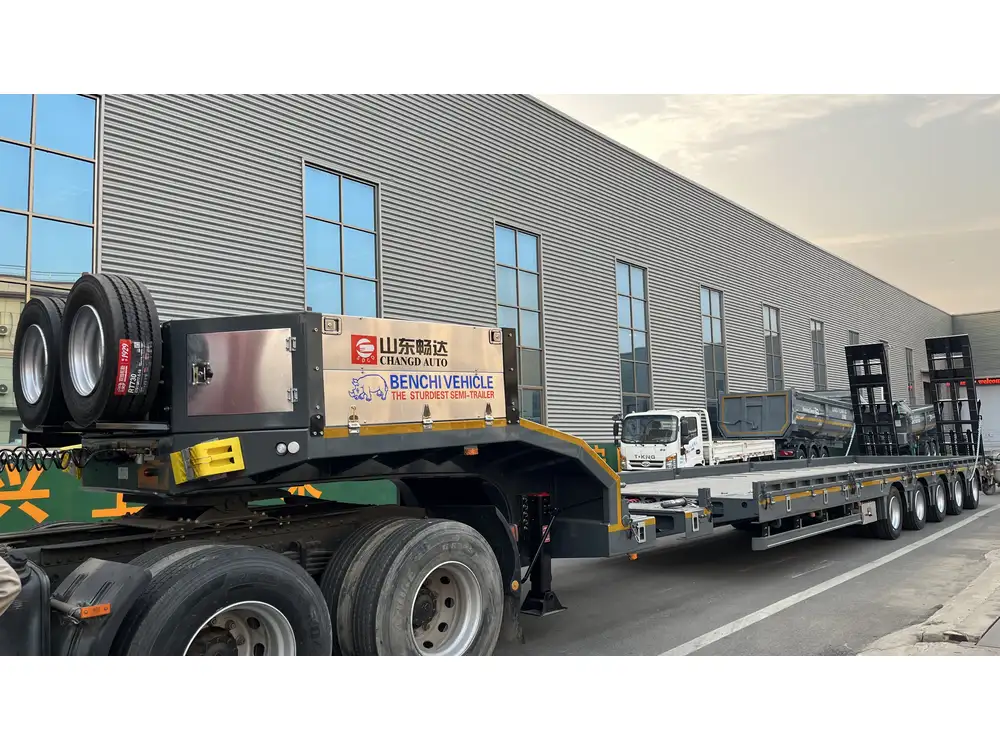
Enhancing Safety on the Road
Understanding and managing trailer weight significantly enhances road safety. An overweight trailer can lead to difficulties in braking, increased stopping distance, and an elevated risk of accidents. Fleet managers must train drivers to be vigilant concerning weight limits and load distribution — a well-distributed load ensures balanced handling and stability.
Cost Management Strategies
Over time, the cost implications of improper weight management can accumulate. Higher fuel consumption, increased maintenance due to strain on vehicle components, and potential fines all contribute to a bottom line that suffers from negligence in understanding trailer weights.
Environmental Considerations
In a world increasingly focused on sustainability, efficient load management also translates into lower emissions. Transporting cargo within appropriate weight limitations can enhance fuel efficiency, contributing to reduced environmental footprints.
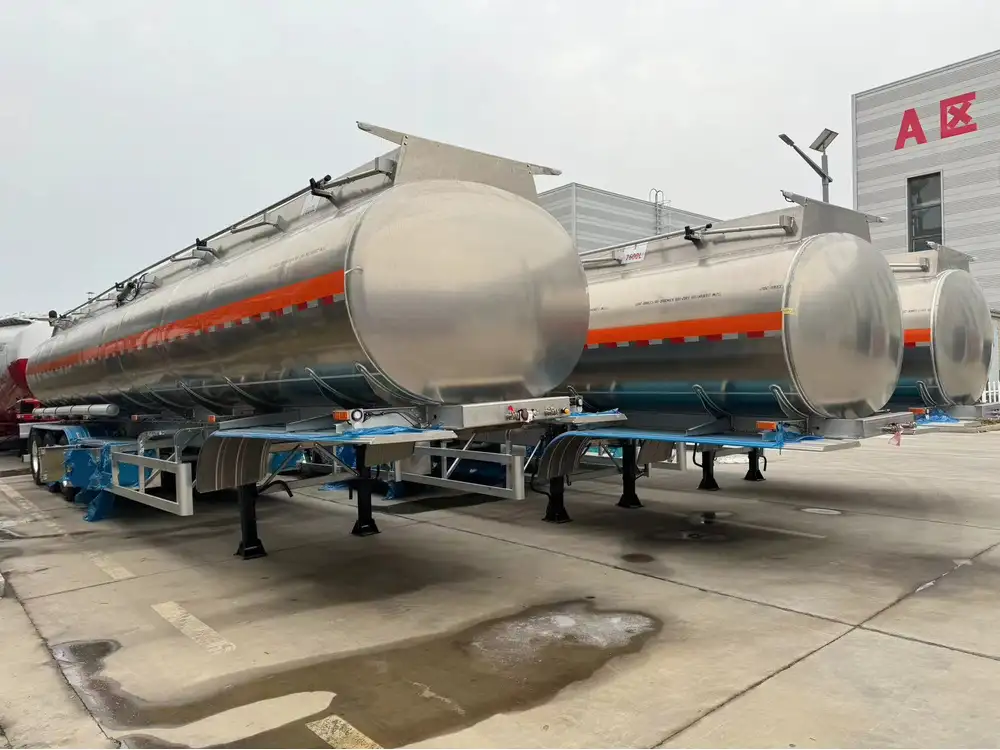
Future Trends in Trailer Weight Monitoring
Innovations in Materials
The ongoing revolution in material science promises even lighter but stronger trailer designs. Lightweight composite materials could redefine the weight dynamics of empty semi truck trailers, further enhancing efficiencies in cargo capacity and fuel consumption.
Smart Trailers
As the Internet of Things (IoT) continues to evolve, trailers equipped with smart technology will undoubtedly see an increase in weight monitoring capabilities. Enhanced data analytics will provide truck operators with invaluable insights into weight distribution across axles and load management throughout their journeys.
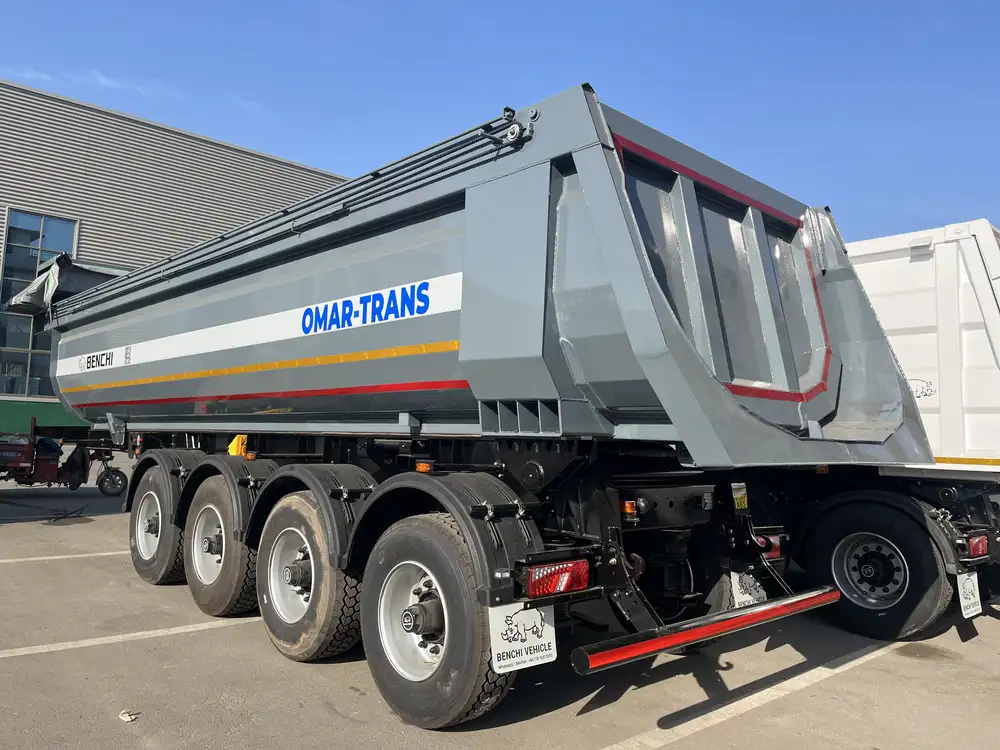
Conclusion
Understanding how much an empty semi truck trailer weighs revolves around numerous factors, from trailer type to legal weight limits, and beyond. It is crucial for logistics professionals to grasp this information to optimize their operations fully. Armed with this knowledge, they can enhance safety, improve fuel efficiency, and ensure compliance with the ever-changing regulations. As the industry continues to embrace technology and innovation, the weight of trailers will only become more pivotal in driving efficiency and sustainability in logistics.
This heightened understanding of trailer weights not only serves immediate operational needs but paves the way for future advancements and cost savings in a competitive trucking environment. By continuously monitoring and analyzing weight management practices, companies can position themselves effectively in today’s fast-evolving transportation landscape, ensuring robust growth and success.



